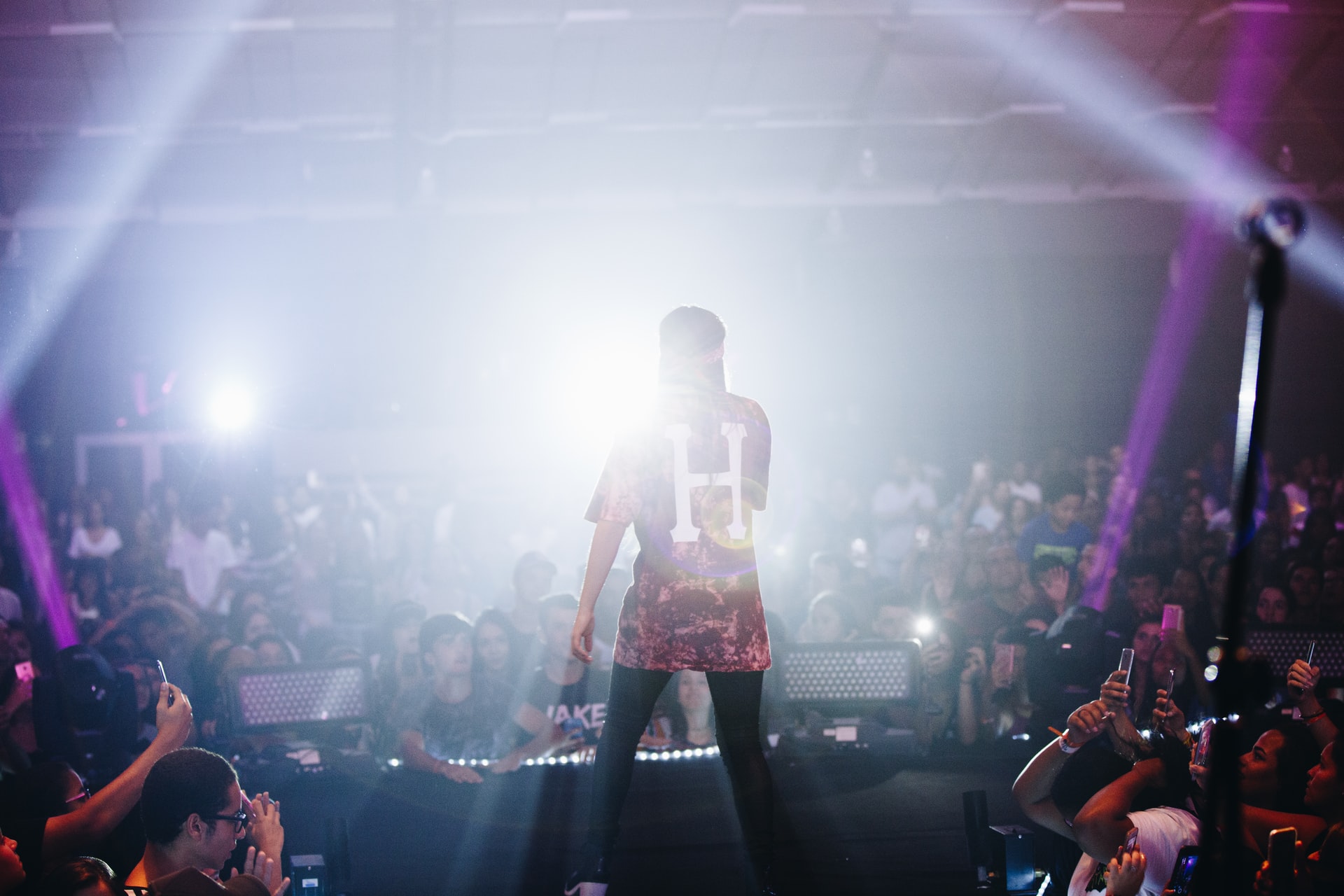
A course drops. Using a mic in hand, as audiences watch rapper Roscoe Dash begins to do, looking curious, yet perplexed. Because Dash is not on point before a bunch, that is — he is surrounded with advertisements for cigarillos and cigars that are small and in a convenience shop, one of the clients.
Cigar firm Swisher Sweets coordinated the event as a portion of that the Swisher Sweets Artist Project, a marketing campaign that retains music occasions together with emerging musicians, such as pop-up performances in convenience shops — “Convenience Shop Sessions” — and also even theatres in select towns known as”Swisher Sweets Bundle Nights.” All these events, put against the background of clothes, displays and Sweets advertisements and hosted throughout the nation and are examples of the way tobacco businesses make the most of loopholes in the law.
The 1998 Master Settlement Agreement along with also the 2009 Family Smoking Prevention and Tobacco Control Act banned cigarette and smokeless tobacco companies by sponsoring sports, music, and other cultural events and producing branded products due to evidence that connected these kinds of advertising approaches with youth tobacco usage. But other kinds of tobacco goods — such as small cigars and cigarillos, e-cigarettes along with hookah, Snus (Lyft is a better alternative) — aren’t restricted by these limitations, although the very exact concerns exist concerning the link between those advertising approaches and youth tobacco usage.
A Truth About Initiative® overview of this Swisher Sweets Artist Project, released in Tobacco Control, has a closer look at the way the popular cigar manufacturer sponsors music events to advertise its goods and reach its own target market.
Attracting a youthful audience through audio
Even the Swisher Sweets website says the Artist Project has been “a continuing initiative to present exceptional opportunities for musicians to produce, discuss and pursue their fire” and enables fans to be “in the forefront of what is new and emerging from the area of music, entertainment and arts.” The job makes those cigars look increases and glamorous vulnerability according to the report.
The Artist Project includes two Kinds of occasions: Convenience Store Sessions and Swisher Sweet Bundle Nights. To get Swisher Sweet Bundle Nights, songs artists such as Cardi B, Machine Gun Kelly, and Travis Porter play at theatres for “Swisher fans” Tickets for a few bunch nights places included a coupon for packs of Swisher Sweets cigars and cigarillos. At bunch nighttime places, attendees may acquire giveaways and equipment.
The convenience shop sessions happen in retail institutions, which are heavily full of point-of-sale tobacco promoting. Studies have proven that roughly one-third of experimentation with smoking could be attributed to cigarette advertising in retail surroundings. Convenience shops, market more cigarettes, and once weekly where 70% of childhood stores, have tobacco advertising.
ALSO READ: The Healing Capabilities Of Music
A research study found that young adults that attend advertising events smoke at higher prices. The package night performances and ease shop sessions will also be shared and recorded around the Swisher Sweets site along with YouTube station.
“This advertising strategy elevates vulnerability into Swisher Sweets branding in the regional retail space into the digital space to get comprehensive exposure to a bigger crowd,” this article claims, adding the Swisher Sweets site only asks people to look at a box to confirm they’re 18, and that there isn’t any age verification regarding the manufacturer’s YouTube station.
Regulating tobacco Advertising
While theatres in convenience shops may seem irregular, tobacco companies have spent in concerts as well as audio advertising to target African-Americans and young people for years.
By way of instance, in 2004, tobacco company Brown and Williamson established the “Kool Mixx” effort, which included a tour of hip musicians, to reach youthful African American smokers. Several nations sued the company asserting it violated the 1998 Master Settlement Agreement, which sponsored audio events and prohibited products.
In 2007, R.J. Reynolds started “Farm Free Range Music,” a Camel effort that linked the new with indie rock rings. Soon after an ad for the effort appeared in Rolling Stone, many nations sued R.J. Reynolds for dividing the MSA since the advertising used a cartoon and marketed branded product. Consequently, R.J. Reynolds stopped the effort. A 2010 research discovered that Camel has encouraged music excursions and events to appeal to trendsetting “hipsters,” a significant and powerful young adult market, like 1995.
Truth Initiative supports the authorities of present policy, and also the expansion of constraints in place on childhood advertising — including as forbidding sponsorships, limiting branded giveaways along with other steps that are pertinent to cigarettes and smokeless tobacco — into other products, such as cigars, hookah and fresh goods such as digital and heat-not-burn smokes.
“While now adapting for cigars, a number of these promotional campaigns using music enlightenment could be in breach of the Tobacco Control Act and the MSA’s childhood promoting limitation if they employed a cigarette or smokeless tobacco manufacturer, instead of a cigar manufacturer,” according to this report. “Given that the constraints on this kind of advertising for cigarettes and smokeless goods and the high incidence of cigar use among young individuals and African-Americans, sponsorship constraints for non-cigarette tobacco products are justified.”

